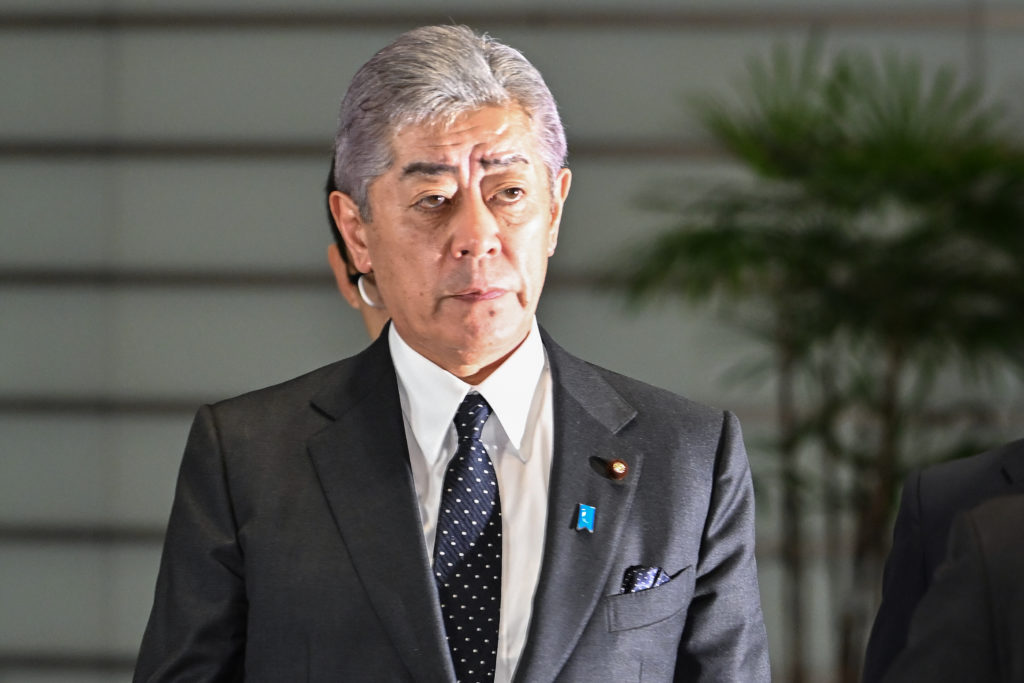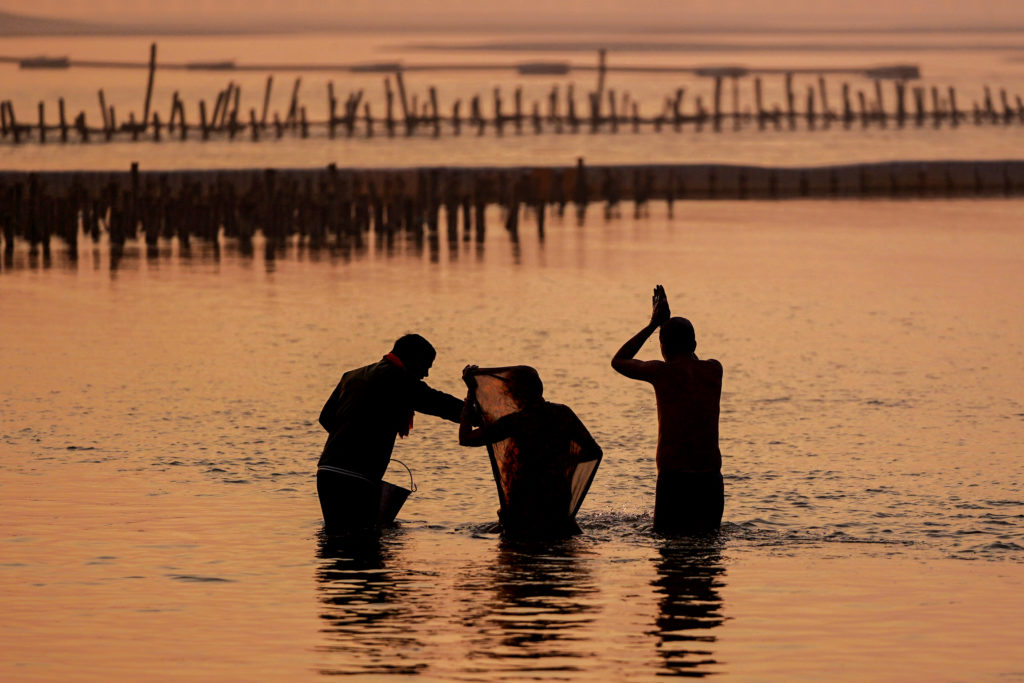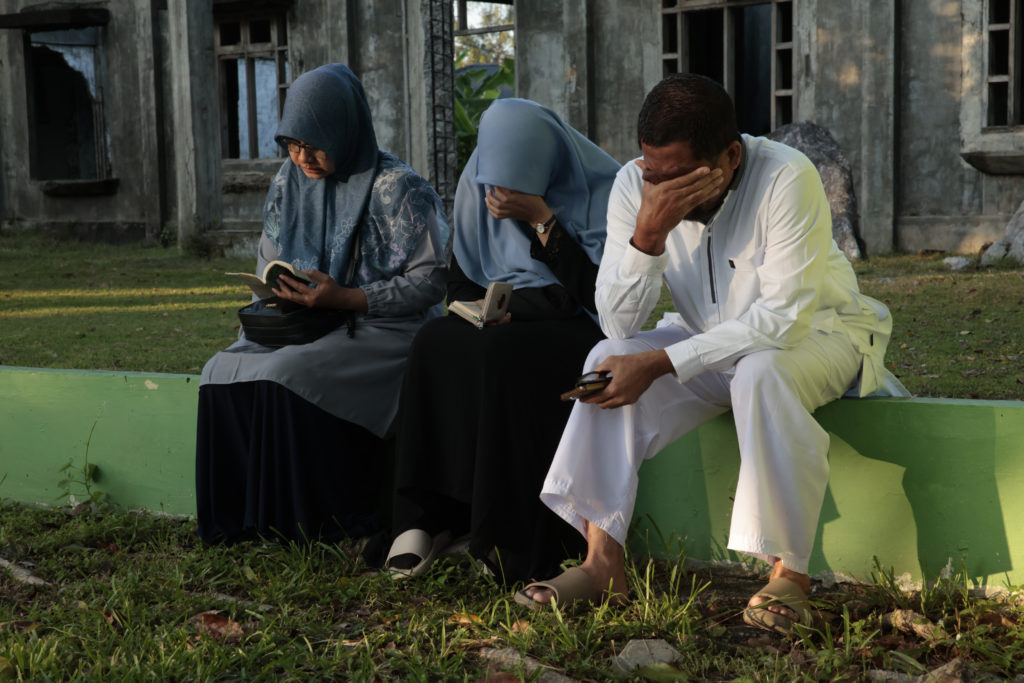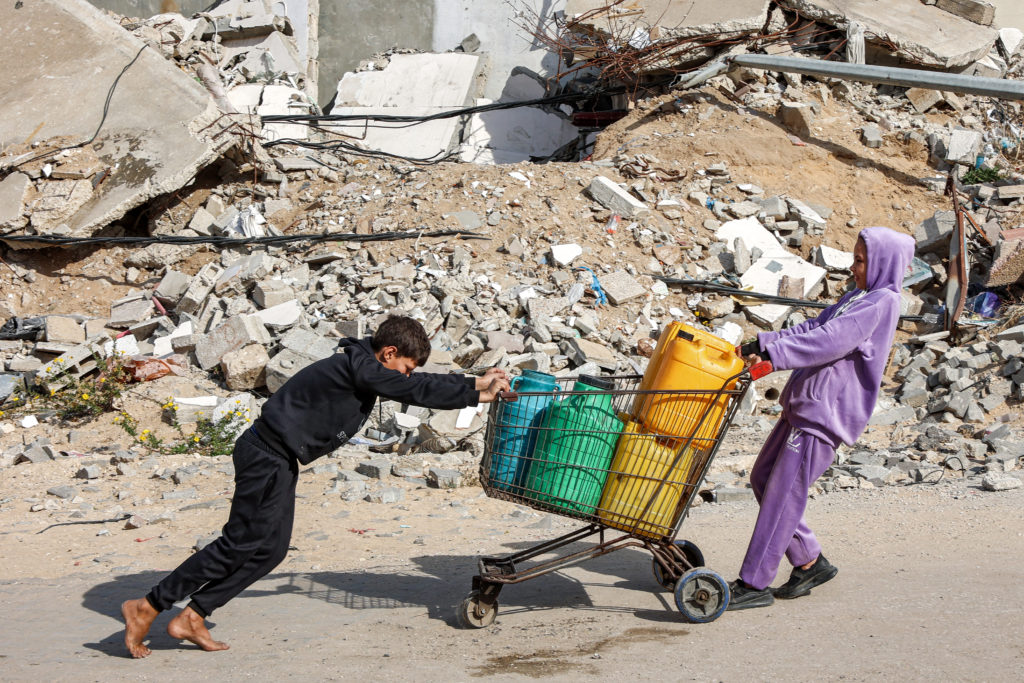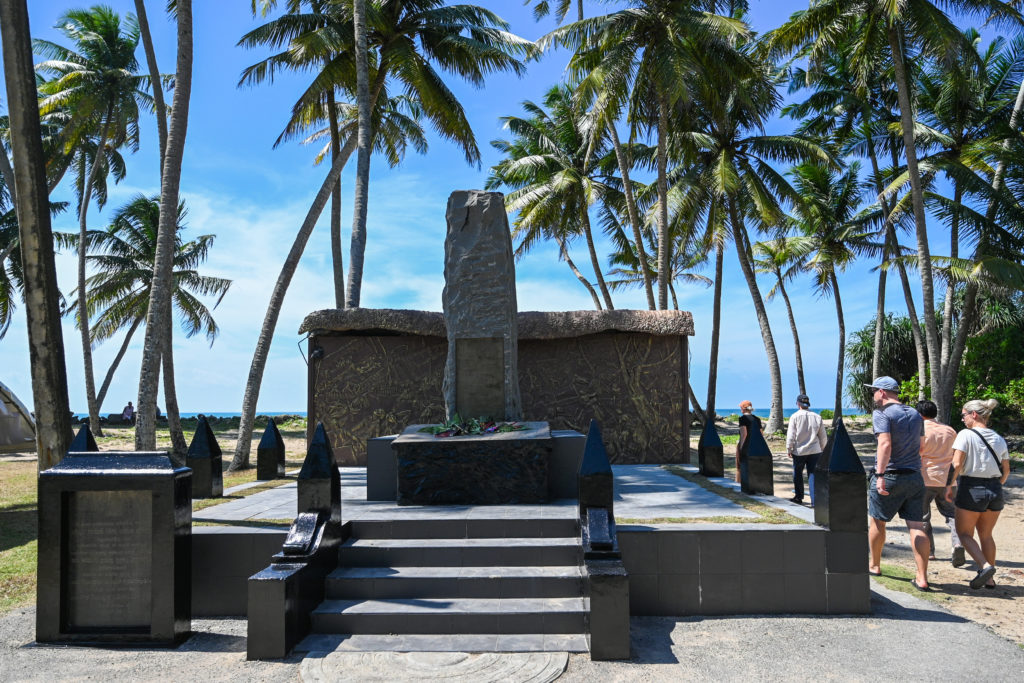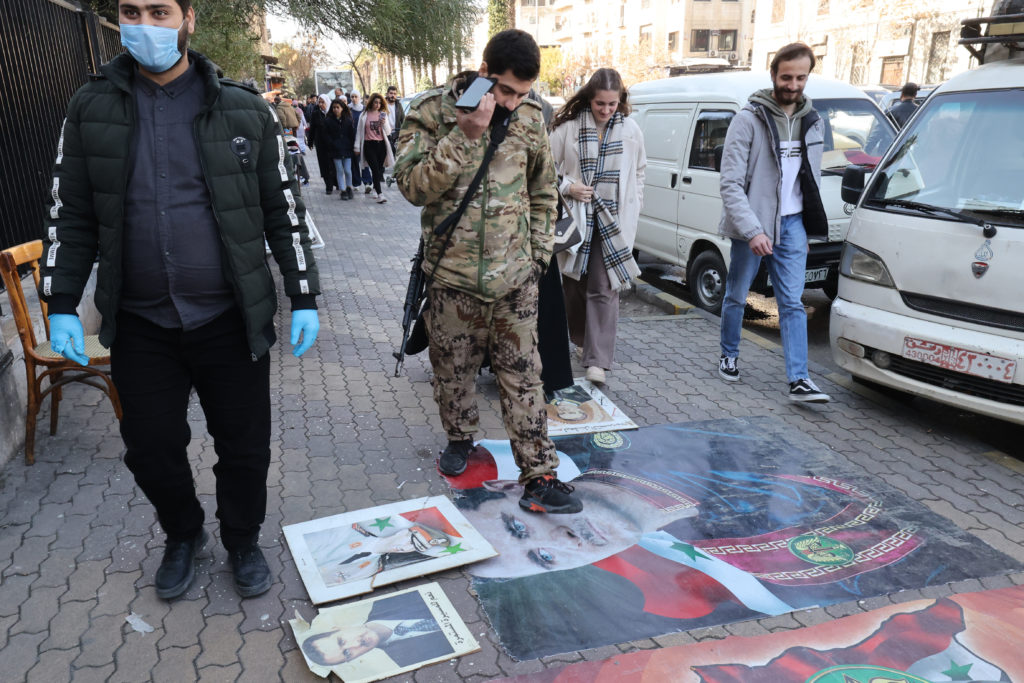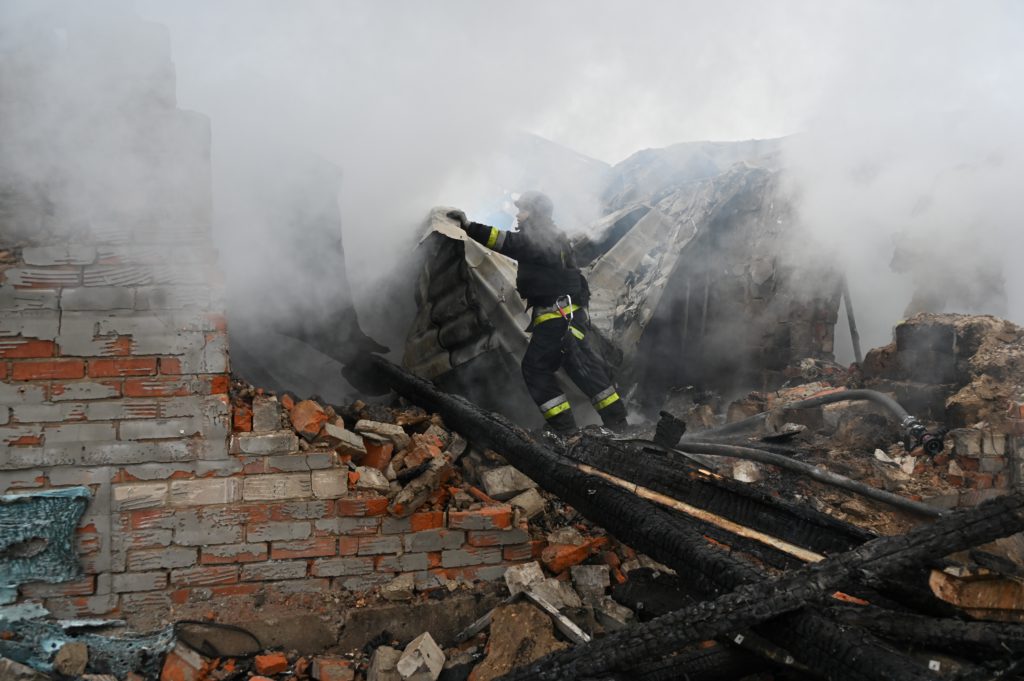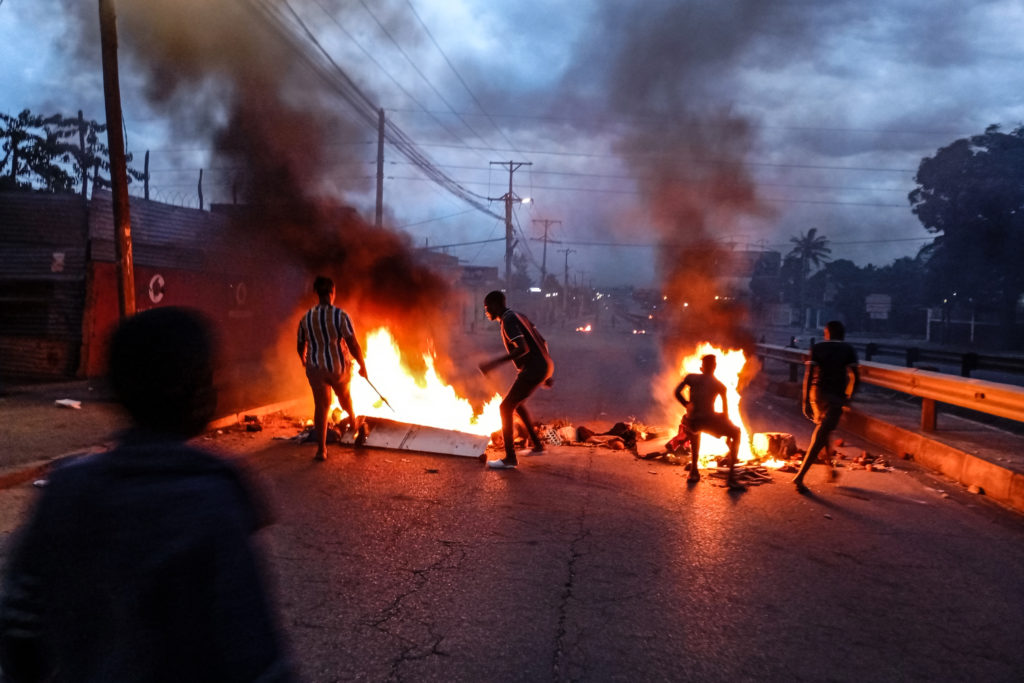Japanese foreign minister Takeshi Iwaya met counterpart Wang Yi and other top officials in Beijing on Wednesday, with the two sides agreeing to try to increase cooperation despite acknowledging challenges, reports said.The visit is Iwaya’s first to China since becoming Japan’s top diplomat earlier this year.China and Japan are key trading partners, but increased friction over disputed territories and military spending has frayed ties in recent years.Iwaya met with Wang at Beijing’s opulent Diaoyutai State Guesthouse, footage from state broadcaster CCTV showed.He told Wang Tokyo would try to “reduce challenges and matters of concern while increasing cooperation and collaboration”, Japan’s Kyodo news agency reported.Earlier, Iwaya met Chinese Premier Li Qiang and agreed to work for a “constructive and stable” relationship, Kyodo said.Tensions between the two sides flared again last year over Japan’s decision to begin releasing into the Pacific Ocean some of the 540 Olympic swimming pools’ worth of reactor cooling water amassed since the 2011 tsunami that led to the Fukushima nuclear disaster — an operation the UN atomic agency deemed safe.China branded the move “selfish” and banned all Japanese seafood imports, but in September said it would “gradually resume” the trade.China imported more than $500 million worth of seafood from Japan in 2022, according to customs data.Iwaya told reporters in Tokyo on Tuesday that “China represents one of the most important bilateral relationships for us”, despite “challenges”. “Both countries possess the heavy responsibilities for the peace and stability of our region and the international community,” he added.China’s foreign ministry said Beijing sought to “strengthen dialogue and communication” in order to “properly manage differences” with Japan.Beijing would “strive to build a constructive and stable China-Japan relationship that meets the requirements of the new era”, spokeswoman Mao Ning said.- Long-standing tensions -Japan’s brutal occupation of parts of China before and during World War II also remains a sore point, with Beijing accusing Tokyo of failing to atone for its past.Visits by Japanese officials to the Yasukuni shrine that honours war dead — including convicted war criminals — regularly prompt anger from Beijing.Beijing’s more assertive presence around disputed territories in the region, meanwhile, has sparked Tokyo’s ire, leading it to boost security ties with key ally the United States and other countries.In August, a Chinese military aircraft staged the first confirmed incursion by China into Japanese airspace, followed weeks later by a Japanese warship sailing through the Taiwan Strait for the first time.Beijing’s rare test launch of an intercontinental ballistic missile into the Pacific Ocean in late September also drew strong protests from Tokyo, which said it had not been given advance notice.China also in August formally indicted a Japanese man held since last year on espionage charges.The man, an employee of the Japanese pharmaceutical company Astellas, was held in March last year and placed under formal arrest in October.
Wed, 25 Dec 2024 06:39:49 GMT

